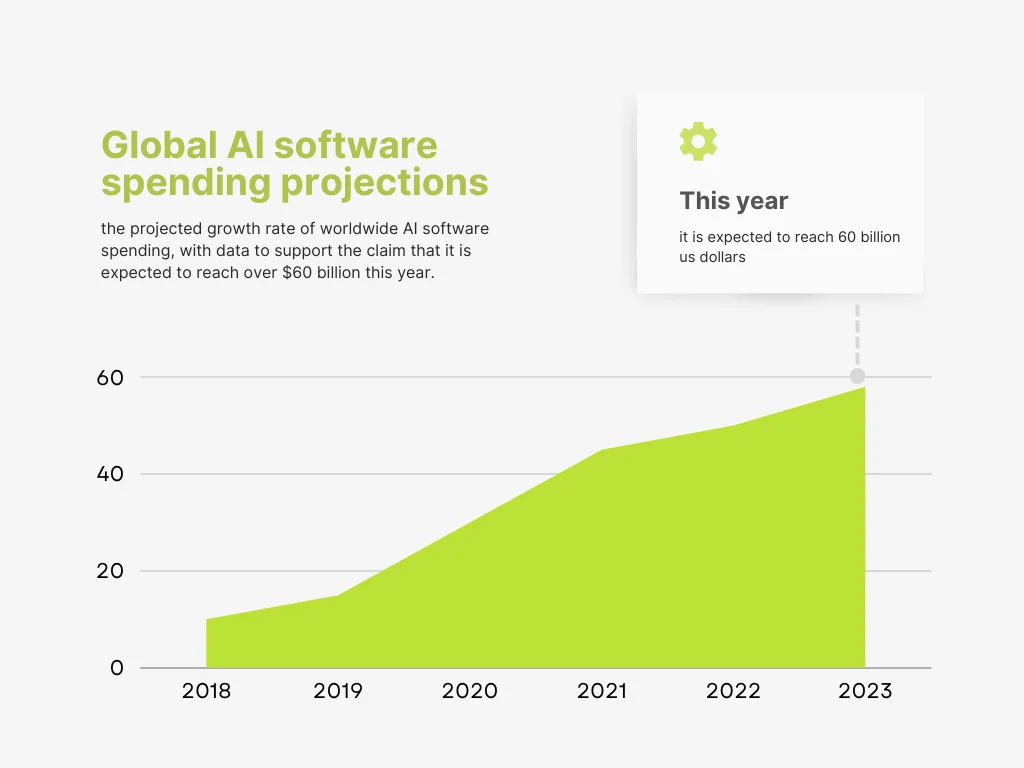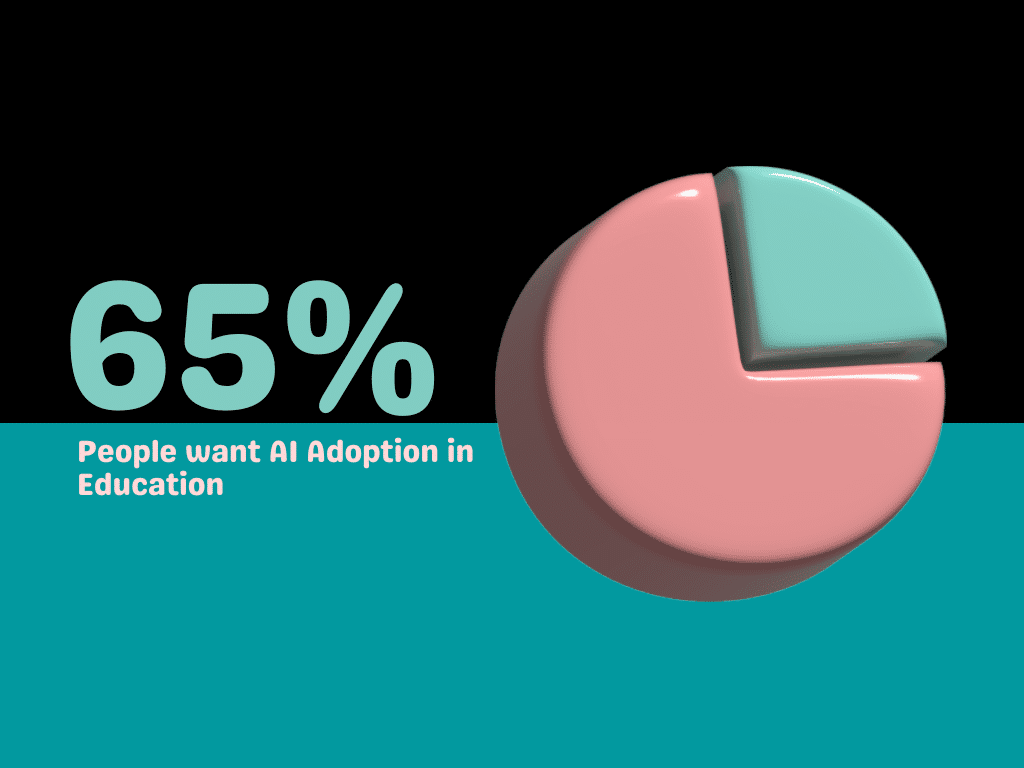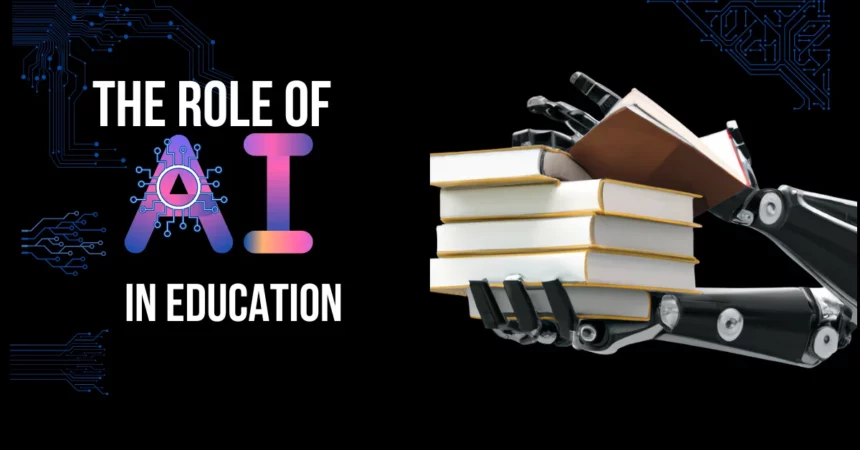Integrating Artificial Intelligence (AI) into various industries has already started to change how we work and conduct business. The role of artificial intelligence in education is equally important, as it presents numerous opportunities for improvement and innovation. With AI, educators can access personalized and customized learning resources, enabling them to provide more effective teaching methods for students and employees.
According to recent projections, worldwide AI software spending is expected to reach over $60 billion this year, with a growth rate of over 20% YoY.

However, organizations need to understand the value of AI and educate their employees on how they can work alongside this technology. Interim CEO of Hyperscience, Charlie Newark-French, stresses the significance of AI education in the workplace and changing the perception of AI from a job replacer to a job enhancer.
Education is key to the successful adoption of AI. A recent report shows that 65% of consumers believe that adopting automation in the workplace is a good idea.

Still, without proper education, organizations may struggle to convey the value of AI to their employees. For example, employees in the insurance and financial services sectors spend hours sifting through paperwork, preventing them from performing higher-value tasks that benefit their clients. With proper AI education, employees can use AI to sort through the paperwork and streamline processes, freeing up time for other important tasks.
In conclusion, AI education is essential for successfully adopting AI in the workplace. Interim CEO of Hyperscience, Charlie Newark-French, emphasizes the importance of changing the perception of AI and educating employees on how to work with AI effectively. Proper AI education will ensure that employees understand how to use AI correctly and benefit from its benefits. The role of artificial intelligence in education is crucial to ensure that employees have the knowledge to use AI correctly and intervene when needed.









